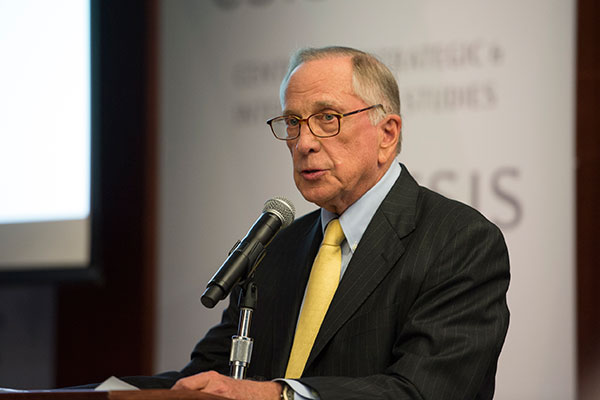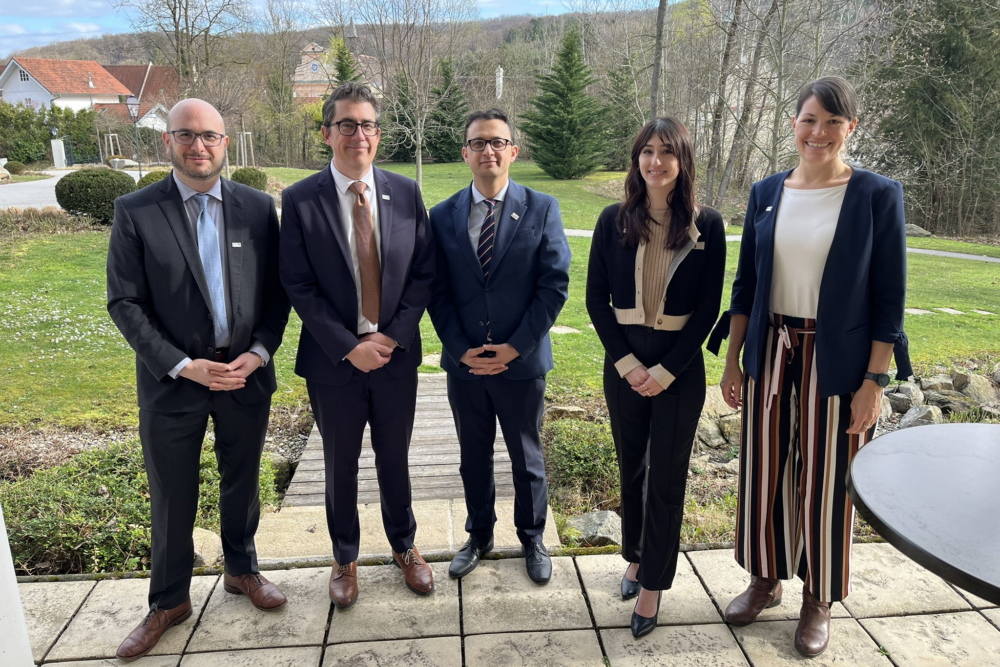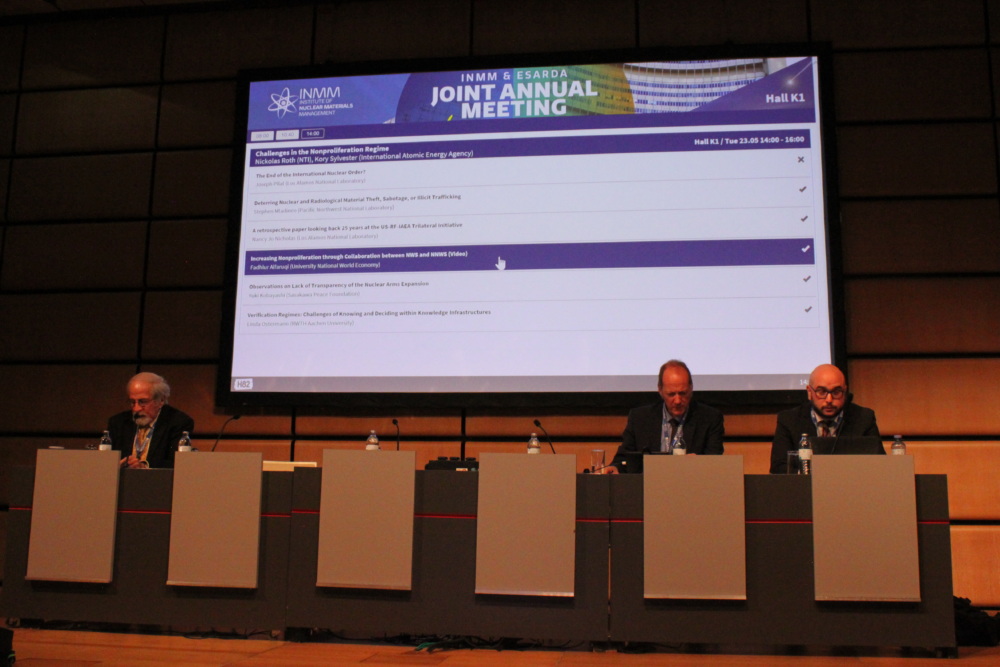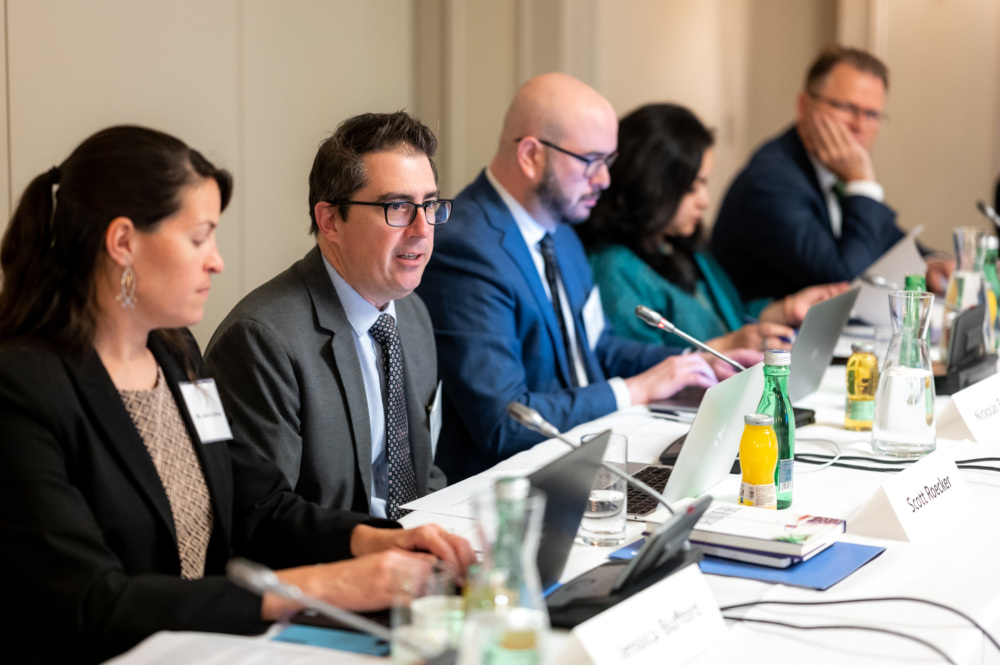
Sam Nunn
Co-Founder and Co-Chair, NTI
“Since the end of World War II, the United States and our allies have relied on the ultimate threat of mutual assured destruction for our security, as the Soviet Union did and Russia does now,” writes former U.S. Senator Sam Nunn in an op-ed published in the Washington Post, published on the day President Obama visited Hiroshima. “Today, with nine nations possessing nuclear arms and terrorists seeking them, this strategy has become increasingly hazardous and decreasingly effective.”
As President Barack Obama becomes the first sitting U.S. President to visit Hiroshima, Nunn, Chief Executive Officer and Co-Chairman of the Board of the Nuclear Threat Initiative, highlighted the importance of communication between states in maintaining security. “Cold War dangers compelled dialogue between Washington and Moscow on nuclear security and strategic stability. This dialogue is dangerously absent now, even as our planes and ships have close encounters in Europe and the Middle East,” he writes.
Senator Nunn lists a series of practical steps the United States and international community can take now to reduce the threat of nuclear conflict or nuclear terrorism, and argued for citizens and leaders alike to imagine the consequences of a nuclear weapon. “The day after a nuclear weapon explodes, God forbid, what would we wish we had done to prevent it? Why don’t we do it now?”
Sign up for our newsletter to get the latest on nuclear and biological threats.
During the 17th meeting of the Global Dialogue, participants developed plans to ensure successful outcomes at ICONS and leverage that momentum to reinvigorate nuclear security internationally.
NTI Senior Director Nickolas Roth participated in the second-ever joint meeting of the Institute of Nuclear Materials Management (INMM) and the European Safeguards Research and Development Association (ESARDA).
NTI convened nuclear security leaders from across governments and industry, as well as international, research, and non-governmental organizations, for the sixteenth meeting of the Global Dialogue on Nuclear Security Priorities in Vienna, Austria.



